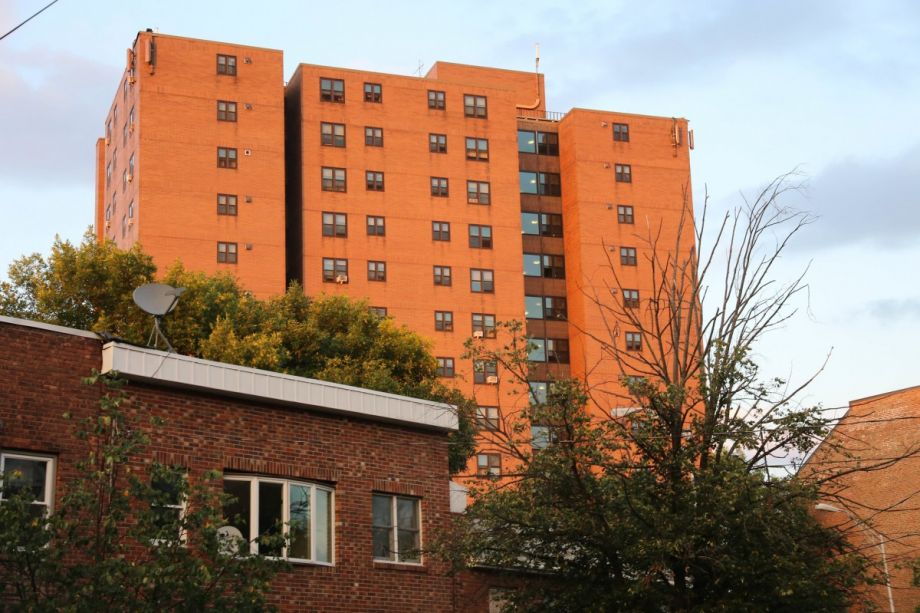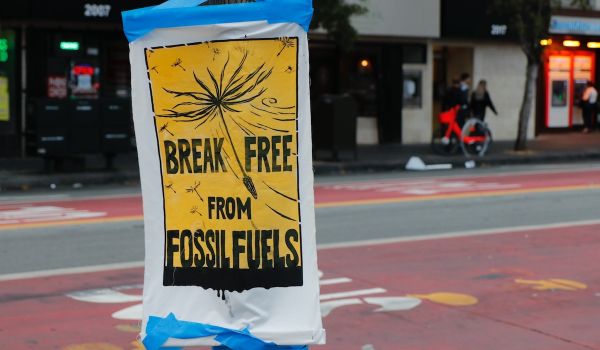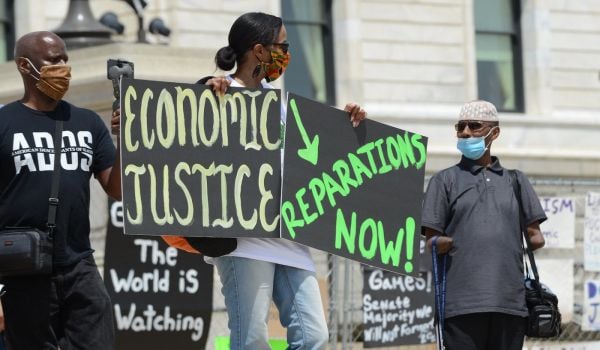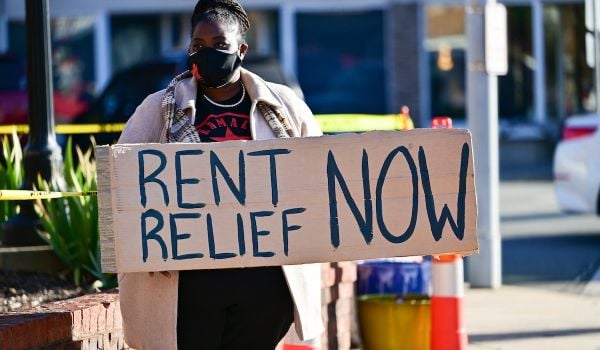As HUD Proposes Weakening Some Health and Safety Requirements, Congresswomen Introduce New Tenants’ Rights Bill
The Department of Housing and Urban Development (HUD) has proposed reducing its health and safety requirements for public housing, and federally subsidized Section 8 rentals, NBC News reports. Housing industry groups had claimed standards requiring fire extinguishers on every floor and a minimum amount of electrical outlets were too burdensome.
The proposed inspection system does increase the number of severe hazards that landlords have to quickly fix, but NBC finds that HUD’s proposed rules do not meet the International Code Council and National Fire Protection Association’s standards.
Just last month, MassLive reports, Reps. Ayanna Pressley, Rashida Tlaib and Maxine Waters, introduced legislation aiming to protect public housing tenants from unsafe living conditions.
The bill would give tenants greater negotiating power and the ability to organize against owners or management companies. It also would allow tenants to have access to building information, inspection reports, and so on. If tenants find themselves living in an unsafe environment, this act would allow them to withhold their rent as HUD would also withhold their subsidies.
With nearly 5 million families participating in HUD’s housing programs, the majority of which are people of color, this proposal would help increase transparency nationwide.
There’s Still Nowhere a Full-Time Minimum Wage Worker Can Afford a Home
The National Low Income Housing Coalition (NLIHC) has released its annual “Out of Reach” report, finding that low-income renters who struggled to pay rent prior to the pandemic will continue to do so. The report contrasts surging rent prices to consistently low wages.
The NLIHC calculated the national “Housing Wage,” which is what a full-time worker would have to make to spend no more than 30% of their income on housing. For a two-bedroom home, the Housing Wage is $24.90 per hour.
The report adds “that in no state, metropolitan area, or county can a full-time minimum-wage worker afford a modest two-bedroom rental home, and these workers cannot afford modest one-bedroom apartments in 93% of U.S. counties.”
Finding affordable housing is even tougher for people of color as more than 40% of Black and Latino households are cost-burdened in contrast to 25% of white households.
See what your city or state’s housing wage is here.
New Database Shows Extreme Variation in Eviction Laws Nationwide
A partnership between the Legal Services Corporation (LSC) and Temple University’s Center for Public Health Law Research has launched an Eviction Laws Database, exposing the varied housing protections offered nationwide.
This new research finds that only California, Washington, D.C., New Hampshire, New Jersey and Oregon enforce “just cause” statutes that require landlords to provide reasoning for evicting a tenant. Only six states require that eviction summonses include information on how tenants can access legal aid services.
Laws on what counts as an unlawful evictions also vary drastically. For example, over half of all U.S. states do not make eviction based on sexual orientation, gender identity, or immigration status unlawful.
“Even before the COVID-19 pandemic, there was an eviction crisis in the United States, with estimates suggesting landlords across the country filed 3.7 million eviction cases each year — leaving considerable impacts on health and well-being in their wake,” said Katie Moran-McCabe, JD, Special Projects Manager at the Center for Public Health Law Research. “These datasets open the doors for research to better understand the role eviction laws may play.”
This article is part of Backyard, a newsletter exploring scalable solutions to make housing fairer, more affordable and more environmentally sustainable. Subscribe to our weekly Backyard newsletter.

Solcyre (Sol) Burga was an Emma Bowen Foundation Fellow with Next City for summer 2021. Burga graduated from Rutgers University with a degree in political science and journalism in May of 2022. As a Newark native and immigrant, she hopes to elevate the voices of underrepresented communities in her work.
.(JavaScript must be enabled to view this email address)


















